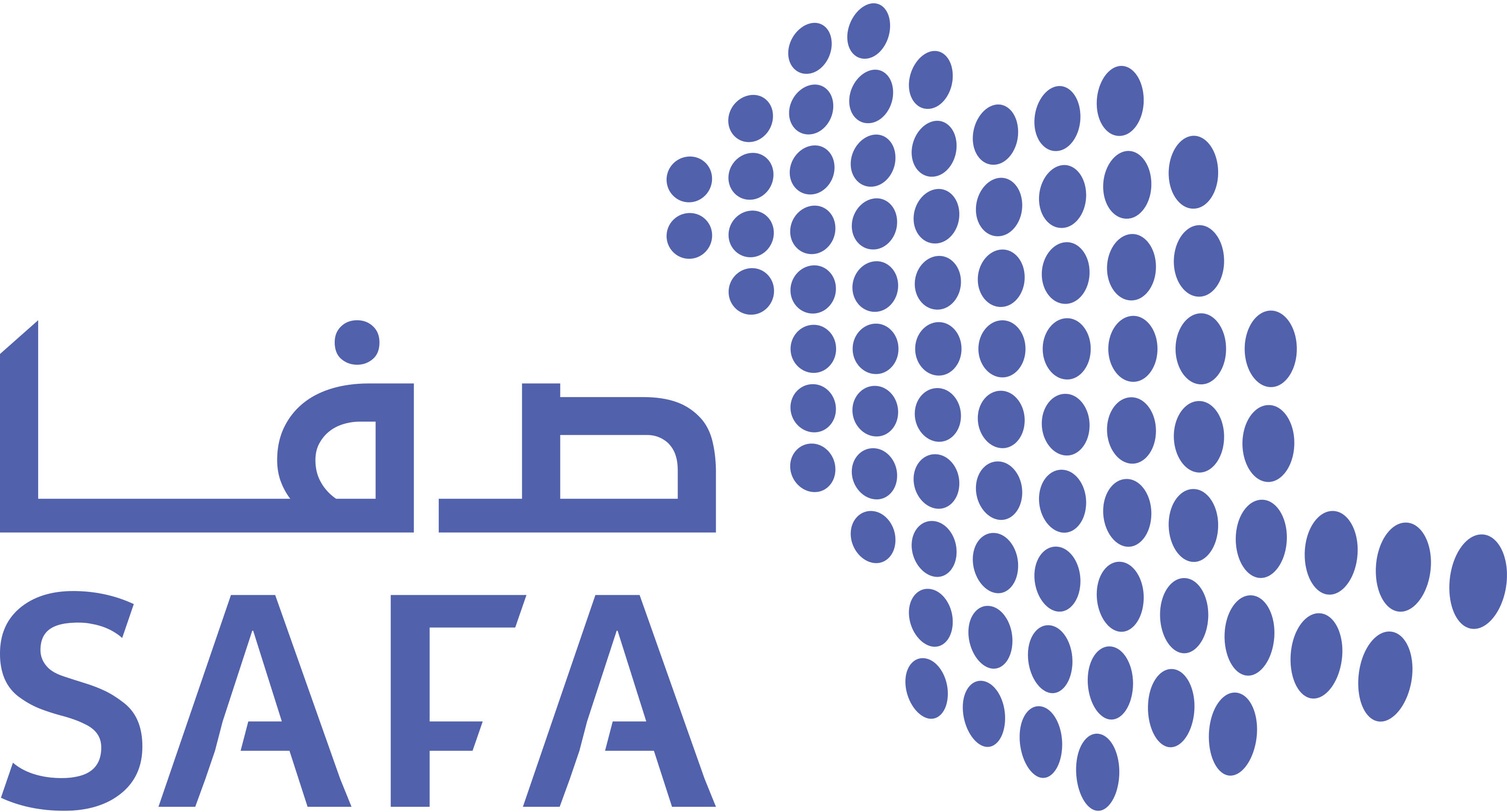Mutamem and Safa discuss "the future of globalization in light of international changes and their effects on the Saudi economy."

Communication and Financial Knowledge Center "Mutamem", in cooperation with the Saudi Arabia Financial Association "Safa", held a virtual meeting yesterday entitled "The future of globalization in light of international changes and their effects on the Saudi economy," as part of a series of virtual meetings that the center holds to enrich knowledge in the economic and financial field.
The meeting was attended by a member of the board of directors, the Executive Director of the International Monetary Fund and the United Nations envoy to finance sustainable development, Dr. Mahmoud Mohieldin, the Vice-Chairman of the Board of Directors of the Saudi Financial Society, Dr. Raja Al-Marzouki, and the President of the Dr. Muhammad Al-Kathiri Center for Administrative and Economic Consultations, Dr. Muhammad Al-Kathiri, and moderated by the Secretary-General of the Media Committee And banking awareness and spokesman for Saudi banks Talaat Hafez.
The meeting discussed the future of globalization, and its economic and financial dimensions at the local and global levels, in terms of concept and stages, discussing the future of globalization through the Corona pandemic, and knowing the risks that threaten its continuity, especially in light of the current talk about another wave of the pandemic.
Dr. Mohieldin affirmed that the economic performance of different countries can be monitored to see the extent of their benefit from globalization by measuring the movement of trade, investment and work movements .. He said: “The influence of international organizations depends on the size of joint cooperation between countries, the effectiveness of this cooperation, and its ability to achieve. Therefore, we find that the status of some of these organizations was better during the period of cooperation of the governments that formed them. Their status is also related to the ability of each country to benefit from these organizations. They must reflect national priorities, and have a degree of understanding and knowledge that allows them to benefit from these organizations.
Dr. Al-Marzouki explained that economic globalization has effectively contributed to changing the balance of power in favor of developing countries. This posed a threat to advanced economies, and resulted in economic conflicts, the features of which began to become clear between the United States and China, and counter-storms to globalization have formed, which may lead to a change in the global system. Pointing out that it must be emphasized that the pandemic affected two basic things: the importance of diversifying production chains, and thinking about the importance of having a minimum number of some basic products, and reducing dependence on imports.
Dr. Al Kathiri pointed out that cultural globalization is not the culture in its strict sense, but rather the behavioral effects of culture on societies. This links us with the other two types of globalization (economic and commercial). Noting that cultural globalization is the result of economic and commercial globalization, and that the more powerful your economy, the more you can influence cultural globalization. Stressing that the globalization of the economy is the movement of capital, the movement of investments and their freedom from a comprehensive economic aspect. As for the globalization of trade, it is for the markets to be open for the products of other countries on internationally agreed terms within the conditions set by the World Trade Organization and implemented by the countries joining this organization.
The virtual meeting witnessed the signing of a memorandum of understanding between the Financial Knowledge and Communication Center and the Saudi Financial Association "Safa". This memorandum comes within the framework of the Center's efforts to strengthen partnerships with relevant sectors, in a way that contributes to knowledge enrichment, and supports and strengthens means of joint cooperation.
